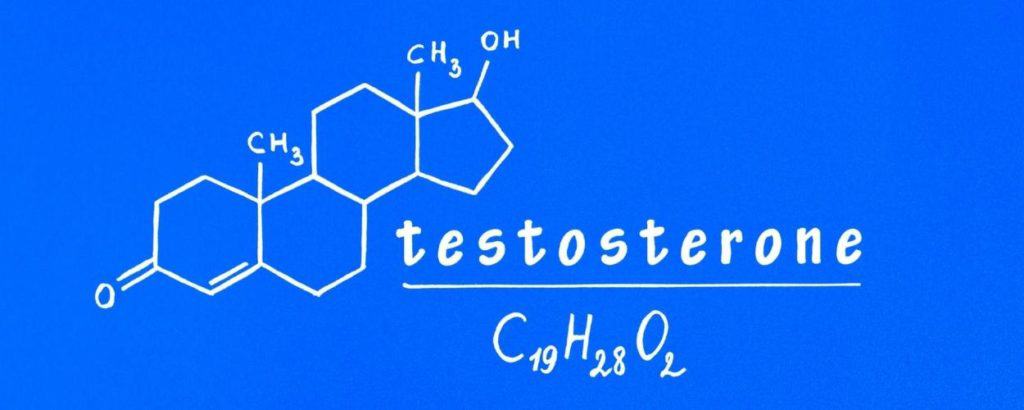
testosterone replacement therapy santa rosa ca
testosterone replacement therapy reddit
Convenience matters. Your treatment may require estrogen blockers or blood donation, which are common side effects of HRT, and we handle those at the clinic as much as possible, which saves you both time and money.
Numerous studies have been performed to assess the effectiveness of different types of testosterone replacement therapy. There have been many studies that show that testosterone replacement therapy can be effective. Some of the results were positive, while others showed that it might not. The research has mainly focused on the benefits of testosterone replacement therapy in treating low testosterone symptoms like fatigue, decreased muscle mass, and lower libido. It has been studied to see if it can increase cognitive functioning, lower the risk of certain types of diseases, and even prolong life expectancy. The results of these studies indicate that there may be some benefit in testosterone replacement therapy for low testosterone levels. Further research is necessary to discover its true potential.
Sometimes the busiest clinic is not the best.




